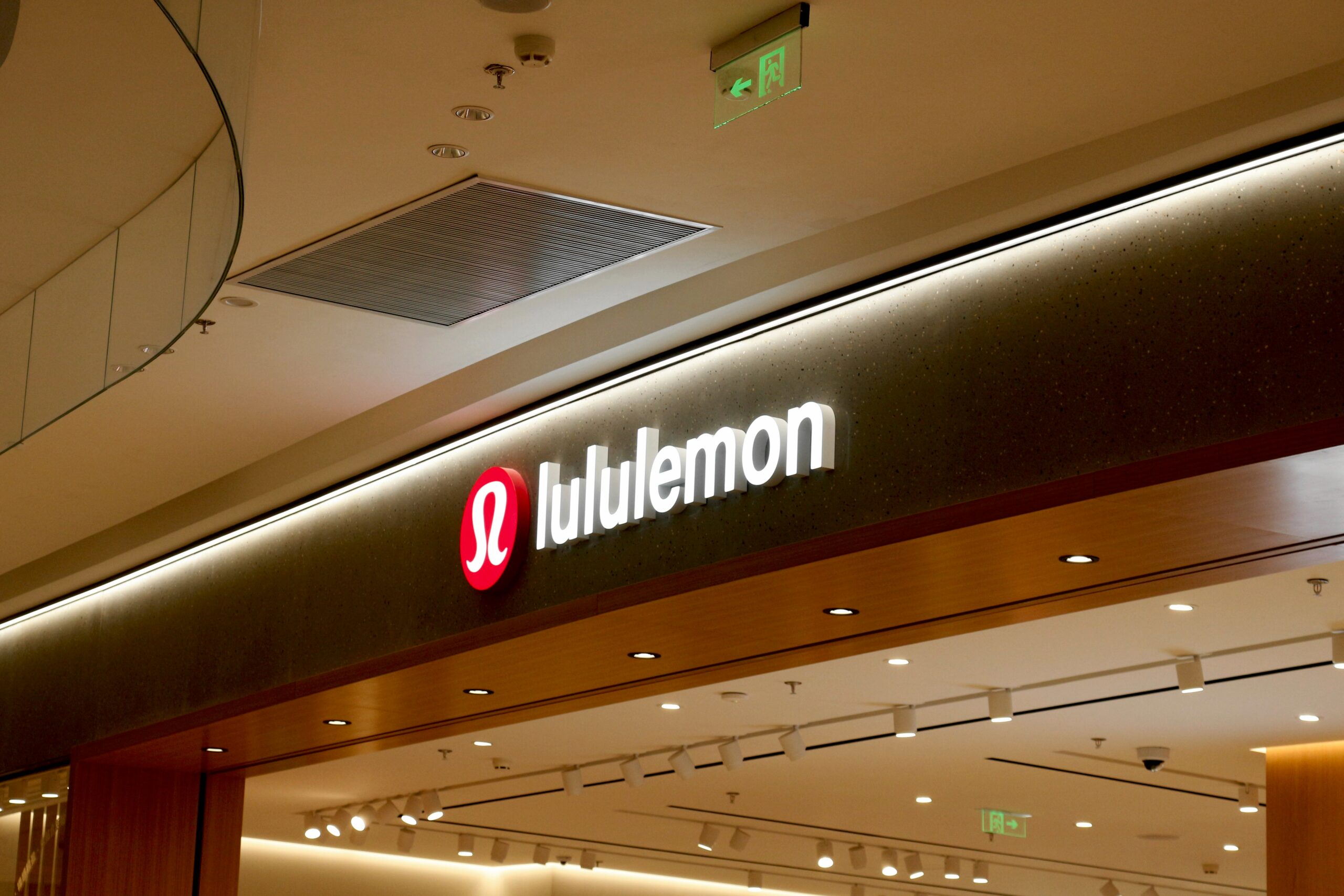Work with People You Respect and Who Respect You: No Exceptions
By Ethan Brooks |

In the American job market, the phrase “Work with people who respect you and who you respect. No exceptions.” serves as a powerful guide. This seemingly simple principle can transform not only the workplace but also career dynamics and personal life. In this article, we will dive deep into the meaning of this idea, how to apply it in a professional context, and the behaviors and rules that support this approach.
Why Mutual Respect is the Foundation of Professional Success
Respect is one of the fundamental pillars of a healthy and productive work environment. It goes beyond polite words or courteous behavior—it’s about validating each other’s humanity, ideas, and efforts. Mutual respect:
- Builds Trust: When respect exists, people trust each other, facilitating communication and reducing conflicts.
- Promotes Collaboration: Respectful teams are more cohesive and collaborative, maximizing collective performance.
- Enhances Well-Being: A respectful environment reduces stress and increases job satisfaction.
- Attracts Talent: Highly skilled professionals seek companies and leaders that prioritize respect.
Respect in the American Job Market
In the United States, the work culture strongly values meritocracy, innovation, and diversity. However, without mutual respect, these values can be undermined.
- Meritocracy: Only works healthily when every individual is treated with respect, regardless of their position.
- Innovation: Thrives in environments that welcome diverse ideas and consider them seriously.
- Diversity: Requires more than inclusive policies; it demands a culture that truly respects differences.
Companies like Google, Microsoft, and Patagonia are often highlighted as examples of workplaces where mutual respect is deeply ingrained, creating inspiring and effective work environments.
How to Identify a Respectful Environment
1. Signs of Respect in the Workplace
- Open and Respectful Communication: Constructive feedback, meetings where everyone has a voice, and the absence of microaggressions.
- Valuing Diversity: Clear policies against discrimination and affirmative actions that support minorities.
- Respect for Time and Boundaries: Companies that honor work schedules and the need for work-life balance.
- Recognition: Acknowledgment of individual and collective contributions.
2. When Respect is Lacking
Signs of a lack of respect include:
- Harassment or toxic behavior.
- Ignoring opinions and contributions.
- Over-controlling leadership or lack of autonomy.
- Disregard for physical and mental well-being.
Work with People You Respect
Respecting your colleagues is just as important as being respected. Here are some ways to demonstrate respect:
1. Clear and Assertive Communication
Avoid passivity or aggressiveness. Instead, focus on assertiveness—being direct but always respectful.
2. Recognize and Celebrate Contributions
Small gestures, such as expressing gratitude for a job well done, make a significant difference.
3. Respect Differences
Understand that people have different work styles, beliefs, and backgrounds. Learn to appreciate those differences.
4. Be a Partner, Not a Competitor
Adopt a mindset of collaboration rather than competition.
Challenges and Solutions in Applying Respect at Work
1. Dealing with Toxic People
Throughout your career, you will inevitably encounter individuals who do not share the same commitment to respect. Strategies include:
- Setting Boundaries: Be clear about what you will and won’t tolerate.
- Seeking Support: Consult HR or leadership to mediate conflicts.
- Strategic Exit: If the environment is irreparably toxic, consider seeking new opportunities.
2. Cultivating Respect in Competitive Environments
In industries like technology and finance, where competition is intense, respect can still prevail. Prioritize internal cooperation, even in challenging environments.
The Role of Leaders in Promoting Respect
Leadership is fundamental in setting the tone for respect in the workplace. Respectful leaders:
- Lead by Example: Demonstrate how others should be treated.
- Listen Actively: Provide space for everyone to share their ideas.
- Promote Inclusion: Develop policies that encourage diversity and respect.
A notable example is Satya Nadella, CEO of Microsoft, who transformed the company’s culture by emphasizing empathy, continuous learning, and collaboration.
The Importance of No Exceptions
The phrase “No exceptions” is crucial. People often tolerate disrespectful behavior out of fear of losing opportunities or due to external pressures. However, giving in to such situations can have negative consequences, such as:
- Impacts on mental well-being.
- Damage to professional reputation.
- Missed opportunities for growth in healthier environments.
Adhering to a no-exceptions policy requires the courage to:
- Refuse to accept abusive situations.
- Leave environments that do not align with your values.
- Advocate for your rights and those of your colleagues.
Benefits of Prioritizing Mutual Respect in the Workplace
Companies that promote respect:
- Attract Top Talent: Professionals are drawn to workplaces that value respect and ethics.
- Keep Employees Motivated: A healthy environment reduces turnover.
- Foster Innovation and Growth: When people feel their contributions are valued, they are more willing to innovate.
For professionals, working in respectful environments:
- Improves mental and emotional health.
- Increases the likelihood of building a fulfilling career.
- Creates opportunities for personal and professional growth.
Respect: The Key to a Sustainable and Fulfilling Career
Ultimately, mutual respect is not just a matter of principle—it’s what sustains healthy work relationships and long-lasting careers. By prioritizing environments where respect is the foundation, you create conditions not just for professional success but also for personal fulfillment.
Remember: working with people you respect and who respect you is not a privilege—it’s a strategic and necessary choice for a brighter and more sustainable future in the workforce.
Ethan Brooks




